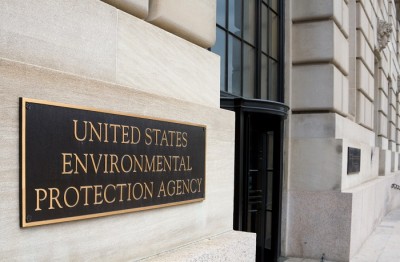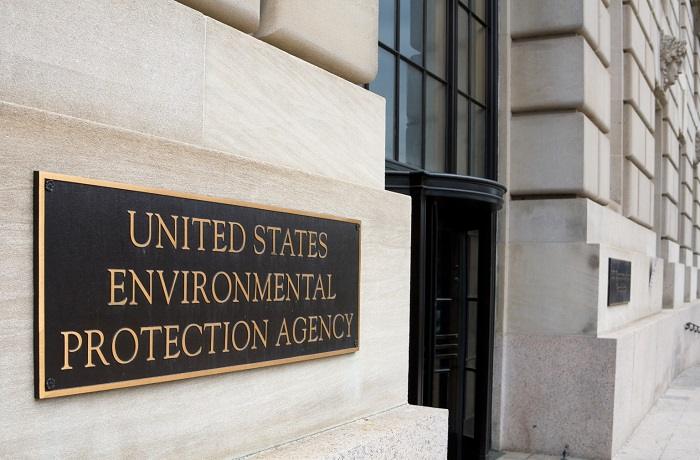 The Environmental Protection Agency says it will begin garnishing wages without a court order or hearing of those who have been accused of violating EPA rules.
The Environmental Protection Agency says it will begin garnishing wages without a court order or hearing of those who have been accused of violating EPA rules.
The agency has published a proposed rule change that would allow it simply to take a portion of an individual’s income in order to collect fines.
The EPA could start garnishing wages on Sept. 2 under the proposed direct final rule on Administrative Wage Garnishment published in The Federal Register on July 2. Proposals by federal agencies do not become official until they are published in the Register.
“The direct final rule will allow the EPA to garnish non-Federal wages to collect delinquent non-tax debts owed the United States without first obtaining a court order,” a summary of the rule at the Register’s website states.
The summary states that the EPA’s lawyers believe a federal law, the Debt Collection Improvement Act (DCIA), gives federal agencies the right to garnish wages without judicial review.
Part of Broader Power Grab
The EPA made no announcement about the rule change to the media. Instead, the rule was spotted by Washington Times reporter S.A. Miller. The EPA didn’t respond to Miller’s questions about the direct rule change.
Discover The Only Way Back To True Freedom And Liberty In America…
Some Republican senators said the EPA has a history of overstepping its authority.
“While we recognize the government’s legitimate interest in efficiently and effectively pursuing delinquent debt, EPA’s new wage garnishment procedures provide an agency prone to regulatory abuses with even more power over Americans,” U.S. Senator David Vitter (Louisiana) said in a letter also signed by Wyoming Senators Mike Enzi and John Barrasso. “Individuals who face threats of ruinous fines from the agency may now have to think twice before challenging EPA over its regulatory jurisdiction.”
The EPA has been expanding its regulatory powers in recent months and going after more private individuals. The agency now claims that the Clean Water Act gives it the power to regulate virtually all streams and reservoirs, including irrigation ditches and ponds, on farms and ranches.
In two cases previously reported by Off The Grid News, property owners faced large fines from the EPA for violating the Clean Water Act:
- Wyoming resident Andrew Johnson is facing $75,000 a day in fines from the EPA because he built a stock pond on his property without a permit.
- West Virginia poultry farmer Lois Alt faced $37,500 in fines because of rainwater draining off of her property. A federal appeals court later ruled the EPA had overstepped its authority and stopped the action.
The EPA has greatly increased the amount of fines it collects in recent years, too, Miller noted. In 2009 the agency collected $96 million in fines but in 2012, $252 million.
How You Can Fight the EPA’s Latest Power Grab
Federal law gives citizens a means of delaying and perhaps stopping the EPA’s garnishment plans. It is laid out in The Federal Register:
This direct final rule is effective September 2, 2014 without further notice unless EPA receives adverse comments by August 1, 2014. If EPA receives such comments, it will publish a timely withdrawal of the direct final rule in the Federal Register and inform the public that the rule will not take effect.
That means the EPA could delay or alter the garnishment plan. It would also have to go through a more cumbersome appeal process.
Comments on the Direct Final Rule on Administrative Wage Garnishment will be taken through the following means:
- Email: [email protected]
- Fax: (202) 565-2585
- Mail: OCFO-2014-0001; FRL-9910-14-OCFO FPPS c/o Anita Jones, OCFO/OFM/FPPS, Mailcode 2733R, Environmental Protection Agency, 1300 Pennsylvania Ave. NW., Washington, DC 20460.
Comments must be received by Aug. 1, 2014.
Even if the rule goes into effect, legal challenges are likely.
Do you believe the EPA should have the power to garnish wages of violators? Tell us what you think in the comments section below.
Sign up for Off The Grid News’ weekly email and stay informed about the issues important to you










